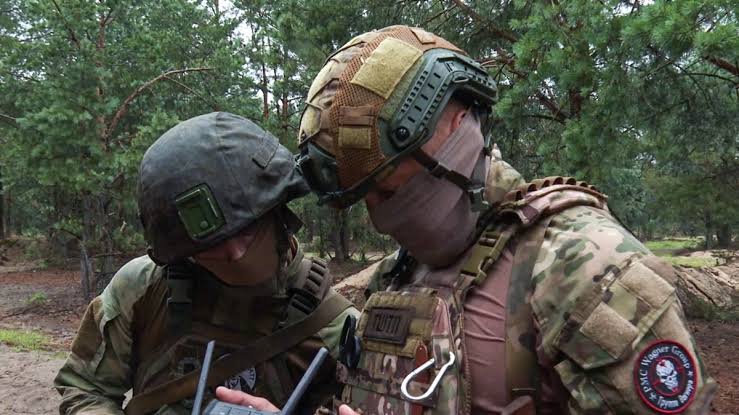NATO Faces Rising Tensions: Wagner Group's Ambiguity on the Belarusian Border
The dynamics of Europe's geopolitical landscape are experiencing significant alterations as the Wagner Group, a Russian mercenary organization, shifts its operations to the borders of Belarus. Though their actions might not immediately scream 'invasion,' the underlying motives and implications could have profound consequences for the broader

The dynamics of Europe's geopolitical landscape are experiencing significant alterations as the Wagner Group, a Russian mercenary organization, shifts its operations to the borders of Belarus. Though their actions might not immediately scream 'invasion,' the underlying motives and implications could have profound consequences for the broader region and the NATO alliance.
From Moscow's Streets to Belarusian Borders
Only a short while ago, the Wagner Group attempted a bold coup in Moscow, trying to dethrone Defense Minister Sergei Shoigu. While this attempt was halted some distance from Russia's capital, the aftermath saw the group's fighters dispatched to various locations, notably including Belarus. Belarusian leader Alexander Lukashenko, long seen as Putin's ally, has welcomed them, citing their role as trainers for the Belarusian military. Yet, this official narrative raises more questions than it answers.
Beneath the Surface: The Wagner Group's Real Intentions?
The presence of nearly 4,000 Russian mercenaries in Belarus can't be dismissed as mere military training. Pavel Matsukevich, a seasoned Belarusian diplomat, rightly raises questions about their funding sources. Mercenaries, historically, have sought monetary gain for their services. The unanswered question: who is financing their operations?
Moreover, the shadow the Wagner Group casts extends beyond Belarus. Valery Kavaleuski, an official from the exiled Belarusian government, highlights the inherent risks posed by the Wagner Group to neighboring countries and even to Lukashenko himself. Their loyalty, rooted deeply in Russian interests, could have them act as a destabilizing force across Eastern Europe.
Potential Flashpoints and NATO's Dilemma
Recent incidents have further heightened concerns. Reports of Wagner mercenaries attempting to cross into Poland and their deployment near the strategic Suwałki Gap corridor have rung alarm bells in Warsaw. Any potential seizing of this corridor by Russia would isolate Baltic NATO member states. The recent violation of Polish airspace by Belarusian helicopters, coupled with Russia's decision to move tactical nuclear weapons into Belarus, only adds fuel to the fire.
Polish Prime Minister Mateusz Morawiecki's warning encapsulates the growing anxiety. While an outright invasion might be off the table, the Wagner Group can exploit small-scale border provocations to disrupt political stability in the EU and NATO.
Playing Psychological Warfare?
The ultimate aim of these provocations could be twofold: divert NATO's attention and induce "Ukraine war fatigue" among European nations. By instigating issues on the Belarus-Polish border, Moscow might be positioning itself for more favorable negotiation terms in potential peace talks concerning Ukraine.
Belarus: A Pawn in a Larger Game
For the exiled Belarusian government, these developments only deepen their plight. They continually stress the escalating threats emanating from Belarus under the influence of Moscow. Kavaleuski's remarks underscore their desire to align with Europe, not to be forcibly tied to Moscow's schemes. The evolving situation in Belarus, he argues, affects global security, and it's crucial that the voice of the Belarusian people isn't drowned out in the geopolitical power plays.
In Conclusion
The Wagner Group's increasing presence on the Belarusian borders presents NATO with a complex dilemma. It's not just about the immediate threat of military conflict but understanding and countering the underlying motives, potential destabilization strategies, and ensuring that the true aspirations of the Belarusian people aren't overshadowed by the larger power plays at hand.




